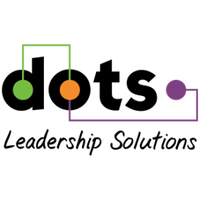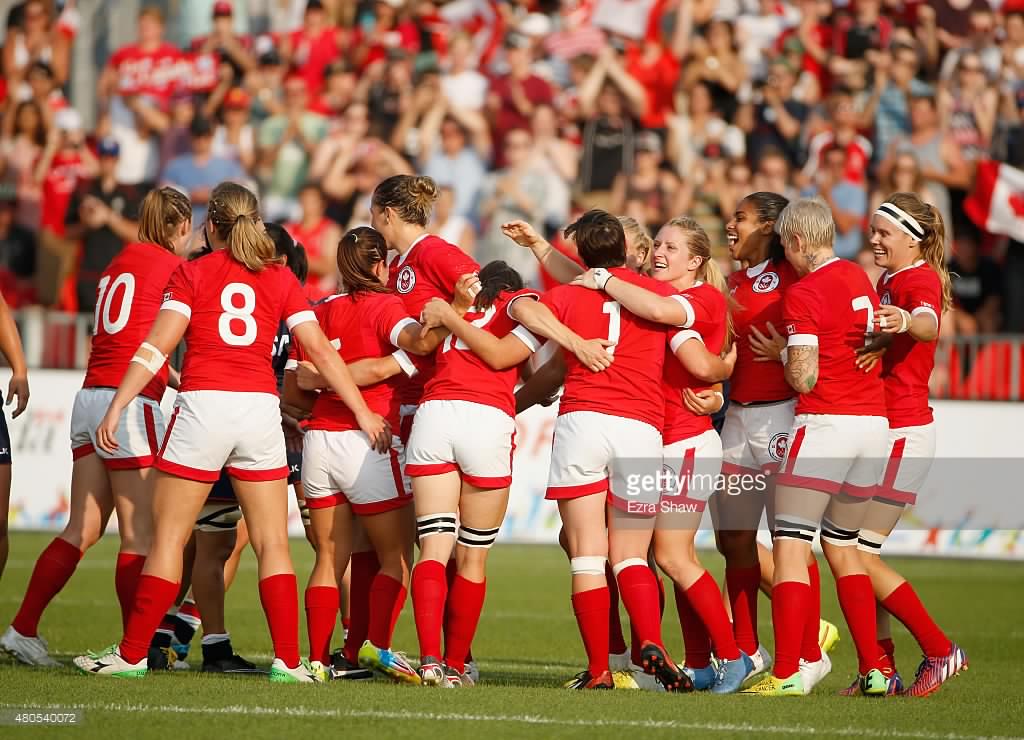|
Wow!! I hope you’ve been watching the 2016 Rio Olympics and have seen the strong and impressive Canadian Women’s Rugby team – it’s clear that their incredible team bond is core to making them a force to be reckoned with. So fantastic to witness the strength of this magnificent Olympic team; this powerful group clearly has an unbreakably strong bond!
They are such a perfect example of a strong crew of remarkable individuals – a tribe; a posse of people who really have each other’s back. The same high performance can be achieved in a working environment when a team develops such a strong sense of unity. Aristotle was right on the money when he said, “The whole is greater than the sum of its parts.” So what are the key ingredients to corporate teams becoming so well bonded? There are a number of different circumstances that can be the catalyst for a team to form such an enduring connection. They may have gone through a seriously difficult time together, they may have worked through a tough project or they may have grown together through a unique experience like a new business venture or a new department build. Regardless of the situation, there tends to be a common recipe for a strong team, which can be broken into five key components: The Leader When reviewing cases where the strongest bonds are formed, the leader plays a crucial role; they genuinely and openly care for their team and are mindful of the needs of each individual. They also set high expectations; they deeply believe in their team and set them up for success by leveraging the strengths of each person. The Trust Based on empirical research, Stephen Covey's book The Speed of Trust sums up the art of building trust as the single most critical leadership skill “the one thing that changes everything”. But it’s not just the leader who has to develop trust, it’s also the ‘trust contract’ established between the team members. This faith is demonstrated under pressure during the toughest of times. Difficult times are when you need to lean on each other the most. Can you count on each other through a rough patch? Does you team have your back and do you have theirs? The Fun Whether during a planned team event or not, the degree to which you and your team laugh is a terrific way to gauge a team’s bond; a group who laughs together stays together. Think about the last time you had a great belly aching laugh with your team and colleagues. Sadly many corporate environments avoid laughter in the workplace because there seems to be this mistaken belief that it is not professional – bun that! As long as the laughter doesn’t come at someone’s expense or disturb others, it is completely appropriate! Some of the best moments occur particularly when tension is high. Imagine a bunch of employees are working with their heads down, all tense and serious, when someone bursts the tension by making a light-hearted joke – how refreshing! Here is a great post by startups.co.uk discussing 30 Ways to Have Fun and Unite Teams, which includes very simple suggestions to inject fun at work. The Goal Being a part of a group who have a lofty goal, a mission to accomplish or a really challenging task builds common ground for people who come together from very different places. The Olympics is a perfect example of this. Even athletes coming from the same country to compete in a team are often coming from ‘different walks of life’. They may have never played together before joining this team, but they share something huge in common – their drive to excel in the Olympic games and win a medal! If everyone understands the goal, they develop appreciation for the reason why it’s important to achieve and they will tend to check their ego at the door. Even better when the goal is tough and the group has to tap into problem solving. People can’t help but communicate more and share ideas when there is little time or room for posturing and ‘one-upmanship’. It’s becomes a survival skill. You can do a simulation survival exercise to test this thinking by checking out this Team Exercise courtesy of the Winnipeg Regional Health Authority. The Appreciation At first you may think it’s great to get a nice bump of compensation or a year-end bonus as a result of doing great work. But the truth is what people generally remember isn’t the bonuses – in fact I bet if you ever received one you don’t even remember how much it was. Sincere and genuine appreciation in the form of formal recognition, hand written letters, plaques and special presentations on the other hand are just plain HUGE! I remember working with a President and suggesting that he provide a handwritten note to a team who had done something no one expected them to do. We made sure there was a presentation from him to each team member, but he thought I was crazy when I suggested it. To his surprise, for years later people talked about receiving those notes, and all of those people are still united over that small gesture today. Never underestimate the power of a hand-penned note filled with sincere gratitude! As I watch this amazing group of young women on the Canadian Women’s Rugby team compete at the 2016 Rio Olympics, (in the semi-finals at time of writing) I’m reminded just how a well connected team can be virtually unstoppable working together. I hope your own group can leverage the learning from this powerhouse of a well-formed team! Go Team Canada Go!! If your team is struggling to bond together, or there are difficulties in working together consider seeking some outside help and support. Check out Dots Leadership Solutions blog for additional free suggestions and guidance or contact us for a consultation. Photo Credit: http://www.gettyimages.com/detail/480540072
0 Comments
|
Most Popular Posts:
AuthorElaine Adamson is a leadership consultant with Dots Leadership Solutions Inc. A natural dot connector. Passionate about coaching team effectiveness and leadership development she shares over 25+ years of real-life tips and tricks that really work! 
Elaine believes you can discover and leverage strengths to forge a strong team dynamic despite business challenges or organizational change.
She posts some great articles on Linked In too! Topics of Interest
All
Archives By Date
November 2022
|
Specialties |
Company |
|


 RSS Feed
RSS Feed